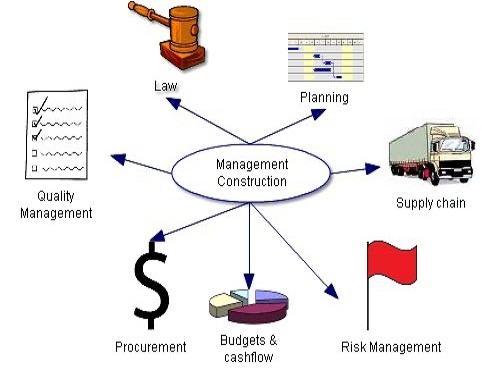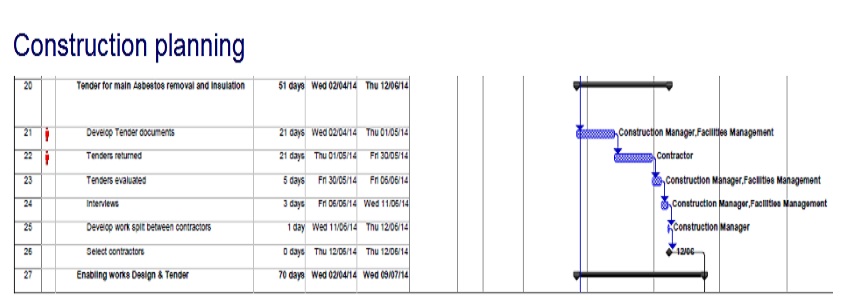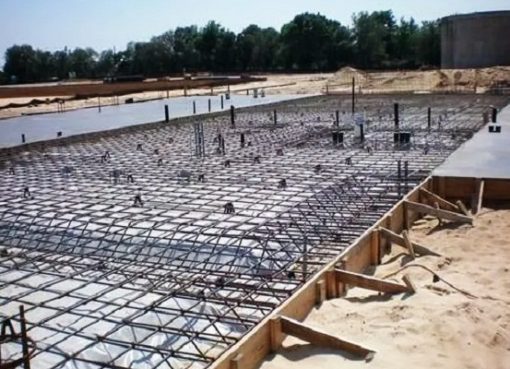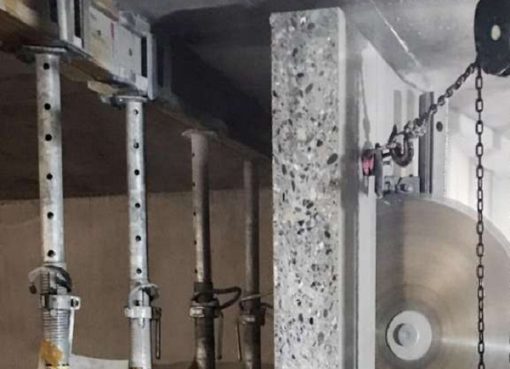Construction Management and the role of Construction Manager covers the design and science of buildings along with the management of business, people, money and time.
What is Construction Management?
The concept of ‘Construction Management’ is relatively recent. It first appeared in the 1960s when a group of Florida Universities formed the Associated Schools of Construction. Their aim was to advance Construction education.
This has since developed into a standard curriculum and with it a recognised profession. Construction Management is both a practice and a business model so definitions vary. A few definitions of Construction Management are shown below:
“[Construction Management is] A project delivery method whereby the client retains a construction manager to provide certain preconstruction expertise including cost estimating, value engineering, and scheduling and, during the construction phase of the project, coordination of all construction activities.” University of Colorado
“Construction Management is a professional management practice consisting of an array of services applied to construction projects and programs through the planning, design, construction and post construction phases for the purpose of achieving project objectives including the management of quality, cost, time and scope.”
Construction Management Association of America “
[Construction Management is the] Organizing, scheduling, mobilizing, and directing equipment, material, and personnel in performance of a construction contract.” Business Dictionary
Definitions vary, but similarities can be drawn out and in summary we say can that Construction Management and the role of Construction Manager covers the design and science of buildings along with the management of business, people, money and time.
Why do we need Construction Management?
Buildings and their construction have become increasingly complex. New innovations in methods, designs and materials mean that the management of construction projects requires professionals with the knowledge and skills to deliver on time and on budget in a demanding and rapidly changing industry.
What does managing construction involve?
Construction Management combines a wide range of techniques and knowledge. Including:
- Budgets and cash flow
- Construction law
- Construction Planning
- Procurement
- Supply chain management and tendering
- Quality Management
- Construction risk management, including Health and Safety
Budgets and cash flow
Monitoring and control of construction budgets and cash flow is crucial if a construction project is to be completed on time. Experts like quantity surveyors will provide cost estimates but the task of monitoring progress against budget will fall under the remit of the Construction Manager.
Construction Law
Construction law is understood to be the whole field of law that affects the construction industry. Depending on the country different laws will affect construction projects. Construction is known as a litigious industry and construction projects are subject to various statutory requirements for example, Building Regulations, Planning Permission and Health and Safety laws in the UK. Knowledge of the laws that affect the construction industry is therefore essential for the successful management of construction projects.
Download a ready made schedule for a construction project
Trying to take on a Construction Project without a well-thought-out plan is like trying to drive to an unknown location without a map. (Jackson, B. 2006. p. 227)
Construction planning or programming uses formal techniques to schedule activities, identify dependencies between tasks, and allocate resources. Planning is the foundation of the construction project. It forms the basis for cost, time and resource management. Without adequate planning the Construction Manager can’t monitor progress against budget or schedule and can’t make efficient use of his/her resources be they materials or people.
Refer to Work Breakdown Structures for Construction Projects
Construction procurement
Procurement is the purchasing of good and or services of the right quality at the best total cost of ownership. This can be repeat purchasing at favourable rates or longer term partnerships. Procurement involves the development and implementation of a procurement strategy that identifies the most appropriate procurement route for the construction project for example Leasehold or PFI. Along with decisions about the best contract forms to use – JCT, design and build etc. Procurement also manages the preparation of contracts, selection criteria, the tendering process and the award of contract.
Construction Quality Management
Quality management on a construction site will include a quality system, quality assurance, quality planning and quality control. Together these form the construction Quality Management System. The Quality Management System is a construction organisations, standards, processes and methods used to manage quality.
The quality assurance function is often performed by independent bodies that own the quality system and monitor the use of the system, for example in the UK a Local Authority Building Control Body will monitor a construction project’s adherence to building regulations.
Quality planning defines the meaning of quality and how it will achieved. Quality control is a mechanism to check that construction products and construction materials meet their quality criteria. Quality control uses an iterative technique of quality reviews to check quality at each construction stage.
Construction Risk Management
Construction risk management is essential to the safety of the construction work and to the success of the building project. A risk is an uncertainty of outcome whether positive or negative. The task of Construction Management is to manage the construction project’s exposure to risk. This includes the probability of a risk occurring and the impact if the risk did occur. On construction projects risks are often transferred via contract liabilities or insurance policies. However, other mitigation actions may also be taken by the Construction Manager for example reducing the likelihood of a risk occurring.
Construction is a multi-billion dollar industry and it is constantly changing with new innovations in materials and design. This makes the management of a construction project a challenging task. Let’s look at the role and day to day responsibilities of the Construction Manager.
The role of a Construction Manager
A construction manager is in charge of the overall planning and control of a project; this demands a command of many skills. PACE University
A Construction Manager is a central role in any construction project and as we have seen construction management involves a wide range of disciplines. The Construction Manager will be responsible for developing a programme of work for the project. This requires an in depth knowledge of the tasks, order of work, dependencies and lead times. For example for large glass panels, what glass is needed, what needs to be done before it is installed and when it needs to be ordered to meet construction schedules.
Depending on the project size and complexity the Construction Manager may work with procurement specialists or be directly responsible for facilitating the procurement of materials and subcontractors, working with construction contract delivery methods. On a day to day basis they will supervise the building work, managing the hiring and firing of employees or managing subcontractors and partners.
While onsite Construction Managers instruct supervisors and foremen, track progress of the construction for example the delivery materials and equipment and ensure adherence to health and safety practices.
The Construction Manager may also be responsible for or delegate the task of obtaining licenses and permits for the site. They will work with architects and surveyors to track progress, identify risks and issues and resolve problems. In addition to ensuring timely project delivery the Construction Manager is accountable for monitoring costs and delivering the project on budget.
They will report regularly to owners, clients and their own management on project progress and escalate any issues that may impact budget, cost or quality.
They will often work with budget cost tolerances reporting any slippage outside of those tolerances to the client or senior management. Depending on the project size the construction manager may be solely responsible for the project or partly responsible for a phase or area of work. They may be assisted by or delegate to foremen or supervisors.
Source: stakeholdermap












